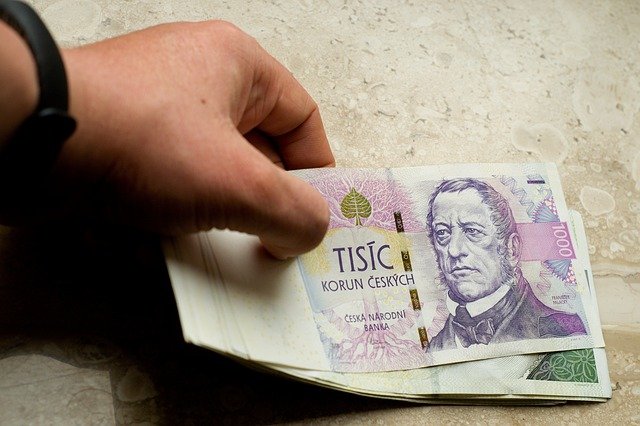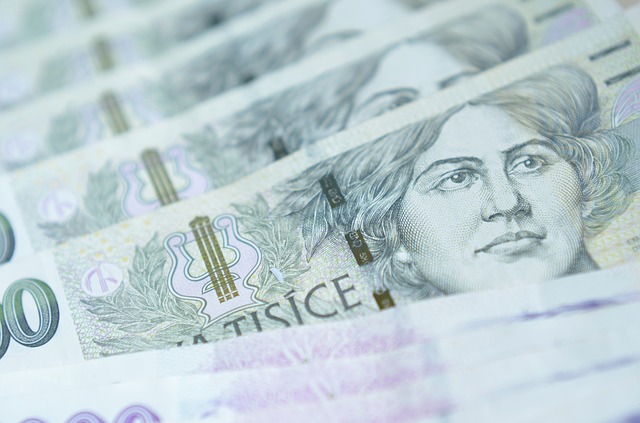Apparently banks are trying to “do better” for their customers again these days. As such, they are gradually increasing the interest on the money savers deposit in the banks.
Interest rates are rising, but only slowly for savings accounts. Because interest rates have not reached the rate of inflation, the value of the savings deposited continues to fall. And some banks promise to keep raising interest rates. None of us will get rich.
Currently, with inflation at about 2%, the most favorable interest rate for a savings account is considered to be Hello Bank\’s 1.5% interest rate. However, this only applies to balances up to SEK 300,000.
Raiffeisen Bank then offers a 3% interest rate for six months only to new customers and only applies to balances up to SEK 15,000,000.
ING Bank does the same, offering 2% per annum for six months only on amounts up to SEK 300,000.
Of course, there are other pitfalls, such as the stipulated number of monthly card payments, cash on delivery, and the use of other bank products, but these were personally secondary.
This is because I was also interested in the restrictions on the amount of money in savings accounts, which have been in place for some time and which offer more lucrative rewards. Apart from the banks and products already mentioned, this has happened in other cases:
– savings accounts up to 250,000 kronor at Air Bank
– savings accounts with bonuses up to 250,000 kronor at ČSOB and Poštovní spořitelna
– CS savings account up to 200,000 Kronor at Česká spořitelna
– savings account at Komerční banka, Bonus Aktiv Savings Account or Bonus Invest Account up to 200,000 CZK
– savings account at Equa bank up to 500,000 CZK at Equa bank
– up to 999,999 CZK at Moneta Money bank
– up to 300,000 CZK at Sberbank, 499,999 CZK at Unicreditbank and 29,999 CZK at Wüstenrot
In general, Czech banks offer worse interest rates for larger deposits.
And it is strange, bizarre, and illogical that interest rates vary depending on the amount of deposit. It is downright discriminatory, even.
Banks are making their own lives harder by taking smaller amounts of money from more customers. There is also more paperwork.
But less interest on large amounts than on small amounts? What is it? After all, every bill is the same as every other bill, every bill has to do the same job, and every bill can buy the same thing. Why, then, are some banknotes given higher interest than others? [Would this be like a modern “millionaire\’s tax?”